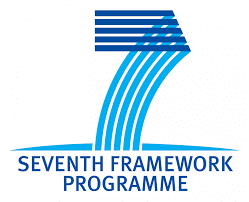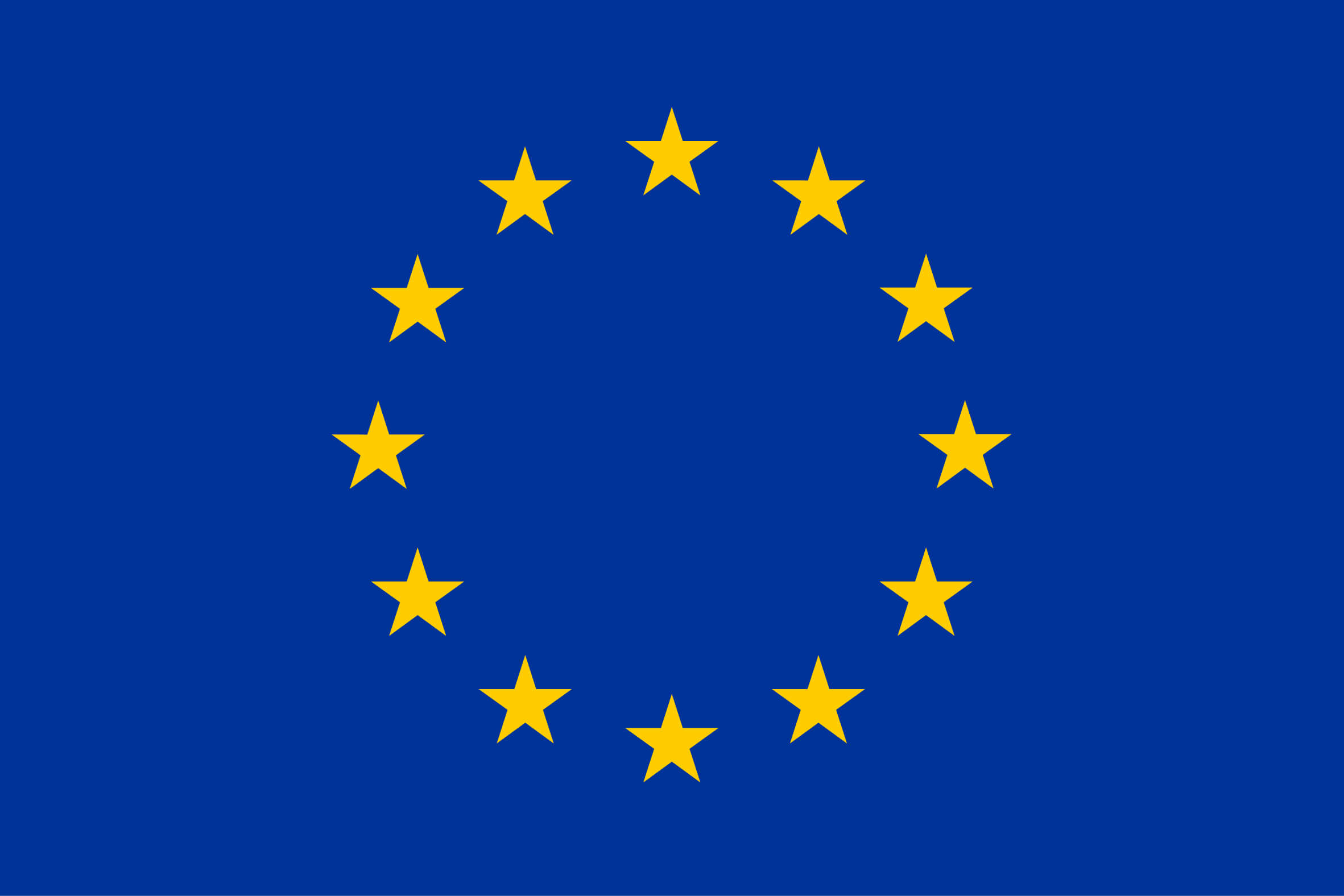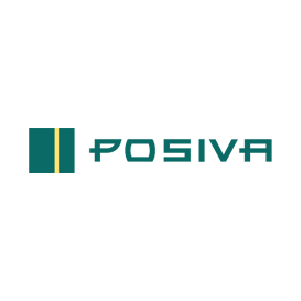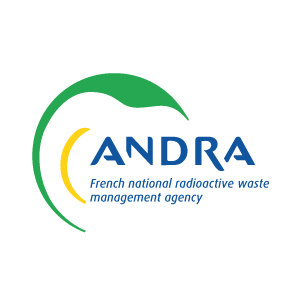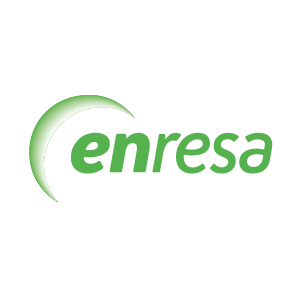PETRUS II: Towards a European Training Market and Professional Qualification in Geological Disposal
The PETRUS II project was a three-year project which aimed to enable present and future professionals on radioactive waste management in Europe, whatever their initial disciplinary background, to follow a training programme on geological disposal which would be widely recognized across Europe. In addressing the needs of the end-users, access to a combination of education (formal), continuous learning and professional development (non-formal) was offered and developed within the project.
Overview
Project Dates: 15/01/2009 – 14/01/2012
Project Status: Finished
Project Website: N/A
Producing human resources that can address diverse issues related to the geological disposal of radioactive waste requires a unified effort at European level for the next several decades. The PETRUS II project aimed to ensure the continuation, renewal and improvement of professional skills by building suitable frameworks for implementing and delivering sustainable training programmes. Programmes such as these would fill the gap between the growing requirements of structured E&T programmes in geological disposal, and the current offering in this field which had been found to be fairly limited. This work was achieved through close collaboration between key stakeholders (i.e. end users, training providers and academia) who were committed to developing suitable common frameworks for the implementation and delivery of sustainable E&T programmes which are accredited at the European level and mutually recognised. The project leant on the existing state of the art, took advantage of the developments carried out in ENEN II project and mobilised resources from a strong partnership between academic and non-academic institutions.
Objective
The activities and deliveries of the PETRUS II project were:
- The conception of training programmes by taking into account both training providers and end-users’ point of view.
- The development of adequate training schemes and the delivery of courses integrated to these schemes.
- The development of a framework for the mutual recognition and accreditation of the training programmes.
- The development of a plan for assuring the update and long-term sustainability of the programmes.

